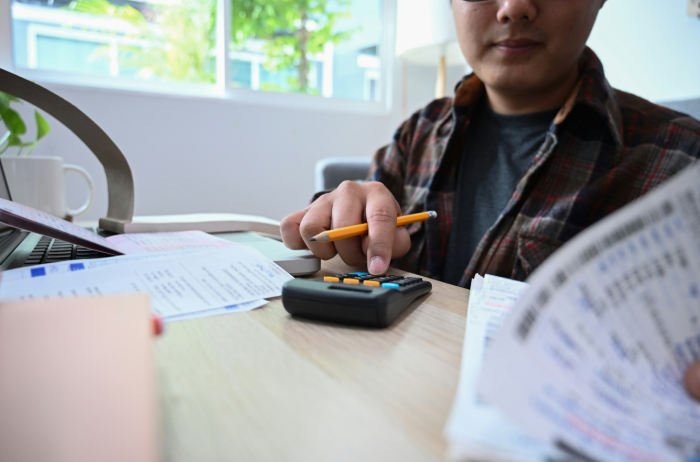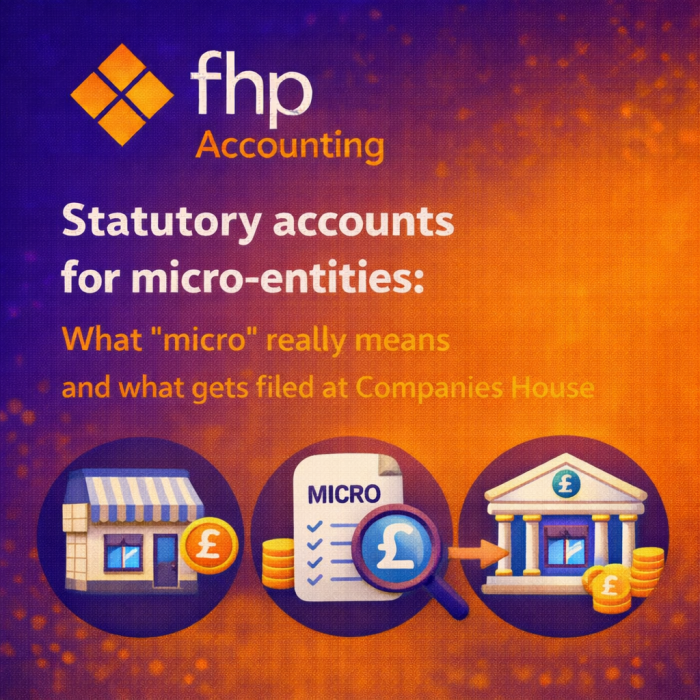Landlord Accountants Explained: From Buy-to-Let Setup to Scaling
The UK buy-to-let market can be attractive, but the rules around tax, finance and compliance are increasingly complex. A specialist landlord accountant helps you choose the right structure, stay compliant with HMRC and check that each property delivers a realistic return after tax.
Getting the Buy-to-Let Setup Right
Before you complete your first rental, a landlord accountant can help you decide whether to buy in your own name, jointly with a partner, or through a special purpose vehicle (SPV) limited company. These options are taxed differently and can affect how much you can borrow and what you keep after tax.
They will also explain your core obligations as a UK landlord, including income tax on rental profits and record-keeping requirements available on GOV.UK. You can also check current Stamp Duty Land Tax (SDLT) bands and calculators here: Stamp Duty Land Tax.
A good landlord accountant should understand the wider landlord landscape – tenancy agreements, deposit protection and local licensing – and signpost you to resources like the main GOV.UK landlord hub so you can put the right paperwork and processes in place.
Ongoing Bookkeeping, Tax Returns and Cash Flow
Once your property is let, a landlord accountant helps you keep accurate digital records of rent received, mortgage interest, repairs, insurance and other running costs. Many recommend cloud bookkeeping software so that income and expenditure are captured in real time and bank feeds can be reconciled quickly.
They will ensure you claim all legitimate “allowable expenses”, such as maintenance, insurance and letting agents’ fees, while avoiding common mistakes like treating capital improvements as repairs. HMRC’s rules on working out rental income and allowable expenses are set out here: Income Tax when you rent out a property.
Your accountant will also complete and file your Self Assessment tax return or company accounts, ensuring rental profits are reported correctly and that upcoming payments to HMRC are built into your cash flow forecasts, rather than arriving as an unpleasant surprise.
Scaling Your Portfolio With the Right Advice
As you move from one property to several, decisions become more strategic. A landlord accountant can model whether further purchases are better made personally or via a limited company, taking into account current corporation tax bands on property income, as outlined in this overview of company tax on rental profits.
They will help you plan for future sales and Capital Gains Tax (CGT), estimate how higher-rate SDLT on additional properties affects your returns, and advise on refinancing, inheritance tax planning and passing properties to children.
HMRC has also increased its focus on landlord tax compliance, recovering significant sums through investigations and disclosure campaigns. A proactive accountant will review your historic returns, highlight any risks and help you make voluntary disclosures if needed, reducing penalties.
For UK landlords who want to build a sustainable, compliant portfolio, a specialist landlord accountant is less a luxury and more a core member of the team.
Keep your property and business finances running smoothly with FHP Accounting. From tailored bookkeeping nottingham to specialist support from commercial property accountants, we’ll help you stay organised, compliant, and in control. Whether you need expert guidance from property tax accountants, efficient xero bookkeeping services, or a dependable accountant for landlords, our team is ready to step in. Contact us today to book a quick chat and get your accounts working harder for you.

I lead FHP Accounting, an accountancy practice specialising in Commercial and Residential Property Accounting. Our goal is to make the administration of running property portfolios easier for landlords, managers, and investors — allowing you to focus on what you do best, while we take care of everything behind the scenes.


